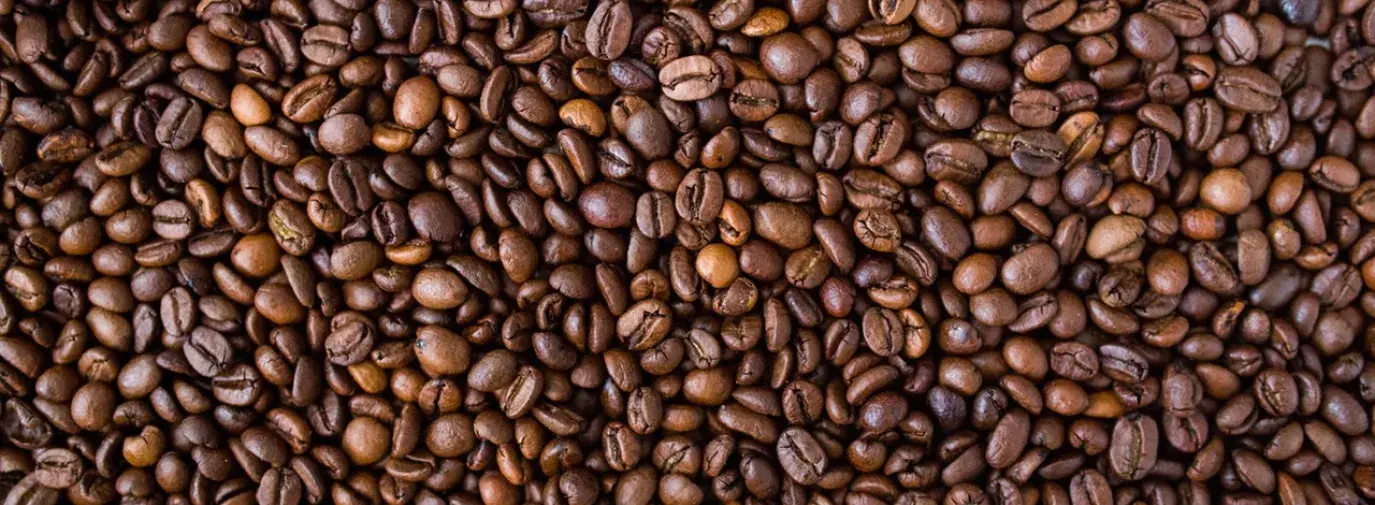
J.J. Keki is a Ugandan Jew, a member of the Abayudaya community, a small religious minority in Uganda, where most people are Christian or Muslim. After being elected to his local council by his Christian and Muslim neighbors in 2002, Keki sensed that he had an opportunity to further bridge the religious divides that have long existed in his country and to bring more income into his community. He began traveling door-to-door, and to local churches, mosques, and synagogues, to talk to people about working cooperatively.
 |
|
J.J. Keki, founder of
Mirembe Kawomera Photo: Ben Corey-Moran |
Many of Keki’s neighbors were coffee farmers, but the liberalization of Ugandan coffee in the 1980s sent coffee prices fluctuating, and many farmers could no longer make a living from their farms. Keki saw a cooperative as a chance to work together and find a higher price for their coffee. In 2004, Keki’s hard work paid off, and 80 farmers formed the Mirembe Kawomera interfaith cooperative. Mirembe Kawomera means "delicious peace" in the Ugandan language Luganda, and is a fitting name for this cooperative of small-scale, family farmers from diverse religious backgrounds.
With the help of Kulana, a US-based nonprofit that assists Jewish communities throughout the world, Mirembe Kawomera started looking for buyers for their coffee. Laura Wetzler, a Kulana volunteer, began calling a list of US coffee roasters in alphabetical order, before she reached CEO Paul Katzeff at Thanksgiving Coffee. Wetzler had been turned down by the first 40 roasters she called, but the Mirembe Kawomera story resonated with Katzeff. “For me the story was inspiring at minimum,” writes Katzeff on the Thanksgiving Coffee Web site. “People of faith finding hope through coffee. Choosing cooperation in a world torn up by intolerance. I said, ‘OK, I'll buy it.’”
Katzeff was so inspired by the story of Mirembe Kawomera that he agreed to buy their entire harvest without tasting the coffee. When he received a shipment of the coffee weeks later, he was just as impressed with the coffee as he was with the interfaith efforts of the cooperative. “We "cupped it" and it is good, real good, and it fills my heart with hope,” said Katzeff.
Thanksgiving Coffee purchases all of Mirembe Kawomera’s coffee on Fair Trade terms, which has allowed the cooperative to grow from 80 farmers to more than 500. In Fair Trade relationships, farmers are guaranteed a floor price for their coffee, which covers the cost of sustainable coffee production, does not fluctuate with the market, and provide a livable income. The family farmers of Mirembe Kawomera are earning about twice as much as they were before Fair Trade. They also receive a Fair Trade premium to be used for development projects; they hope to soon build a cooperative office, and are exploring other needs in the larger community.
Many farmers who had been burned by the coffee market were initially hesitant to join in the cooperative, but the transparent and reliable trading relationships provided by Fair Trade earned the trust of local farmers, and how many are clamoring to work with Mirembe Kawomera.
Mirembe Kawomera also serves as a model of religious tolerance in a nation with a long history of religious and tribal divides. Christians, Muslims, and Jews are all members of the cooperative and are all represented on the cooperative’s Board of Directors, and working side-by-side has given farmers of different backgrounds a chance to see what they all have in common. Wotti Elisa, a Christian member of the co-op, says he discovered that “our community problems are the same regardless of religion,” and that working together has helped people clear up misconceptions they had about other religions.
“We hope to make the cooperative a model of championing peace and development in the area,” says Keki. “We also hope that others will emulate the principles of Mirembe and bring about peaceful coexistence in communities.”
Keki’s experience with Fair Trade has made him determined to “convince the whole world to join Fair Trade,” and he sees the Fair Trade model, which promotes justice, transparency, and fairness, as a way to use business to promote peace throughout the world.
Mirembe Kawomera’s coffee can be purchased by visiting the Mirembe Kawomera Web site or calling Thanksgiving Coffee at 800-648-6491.







